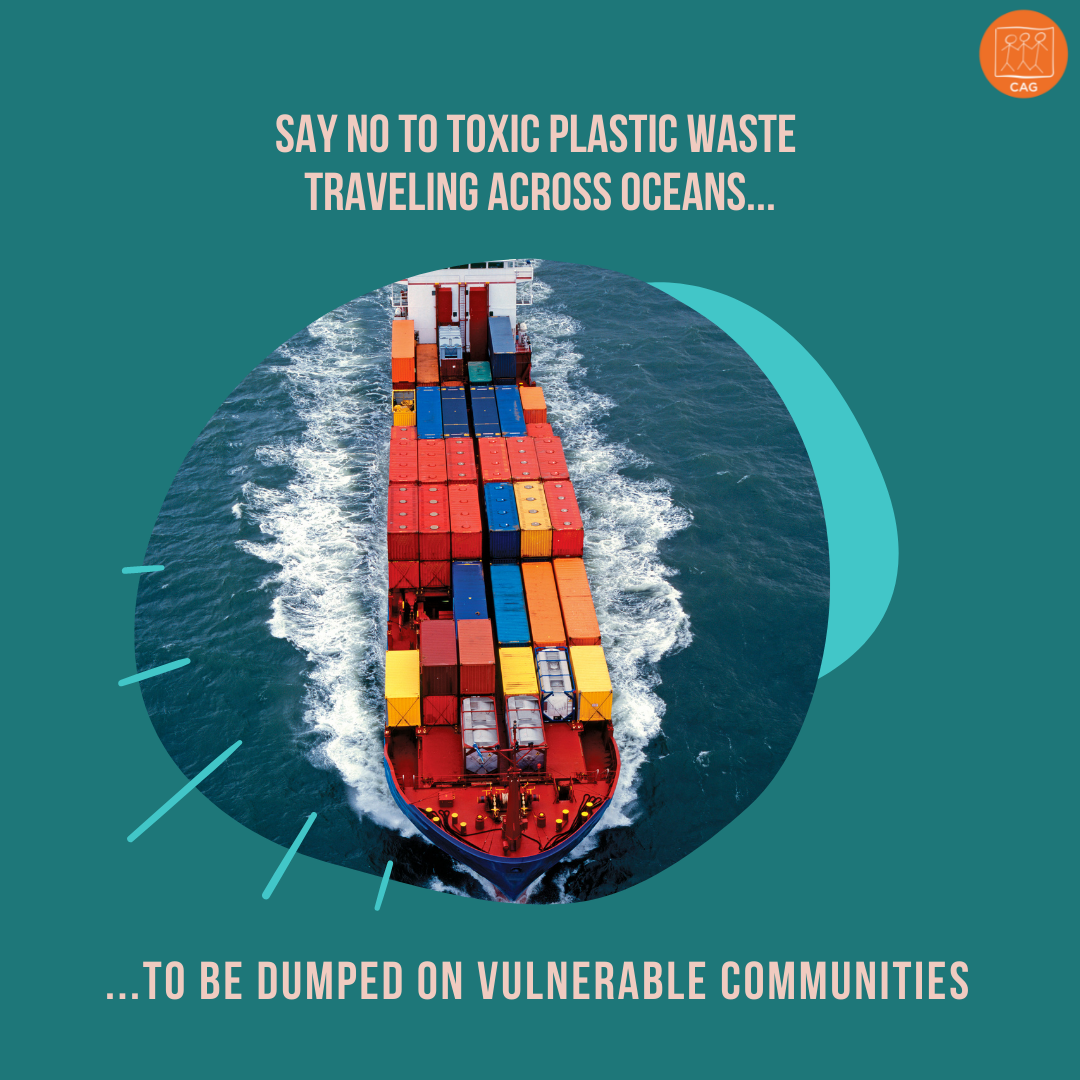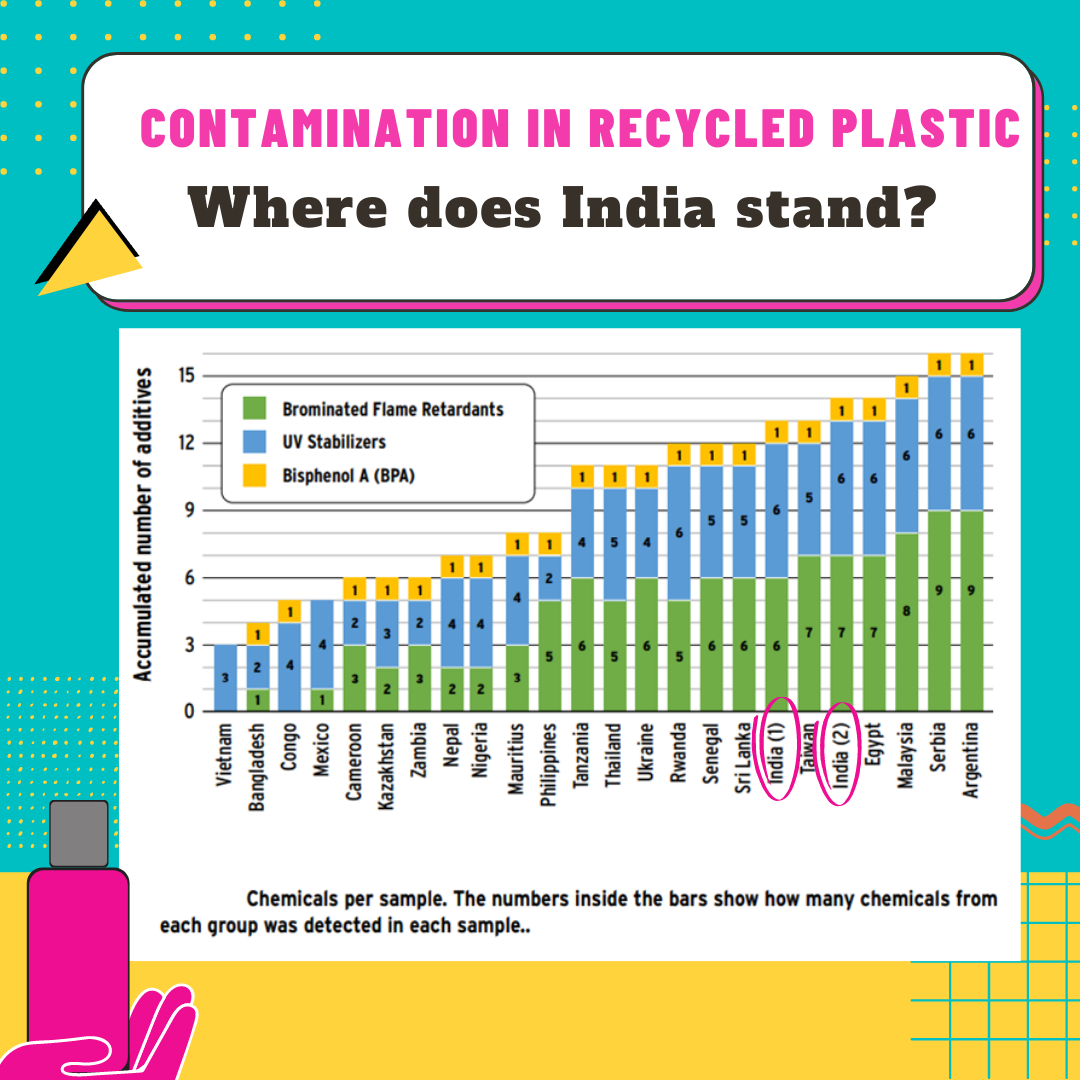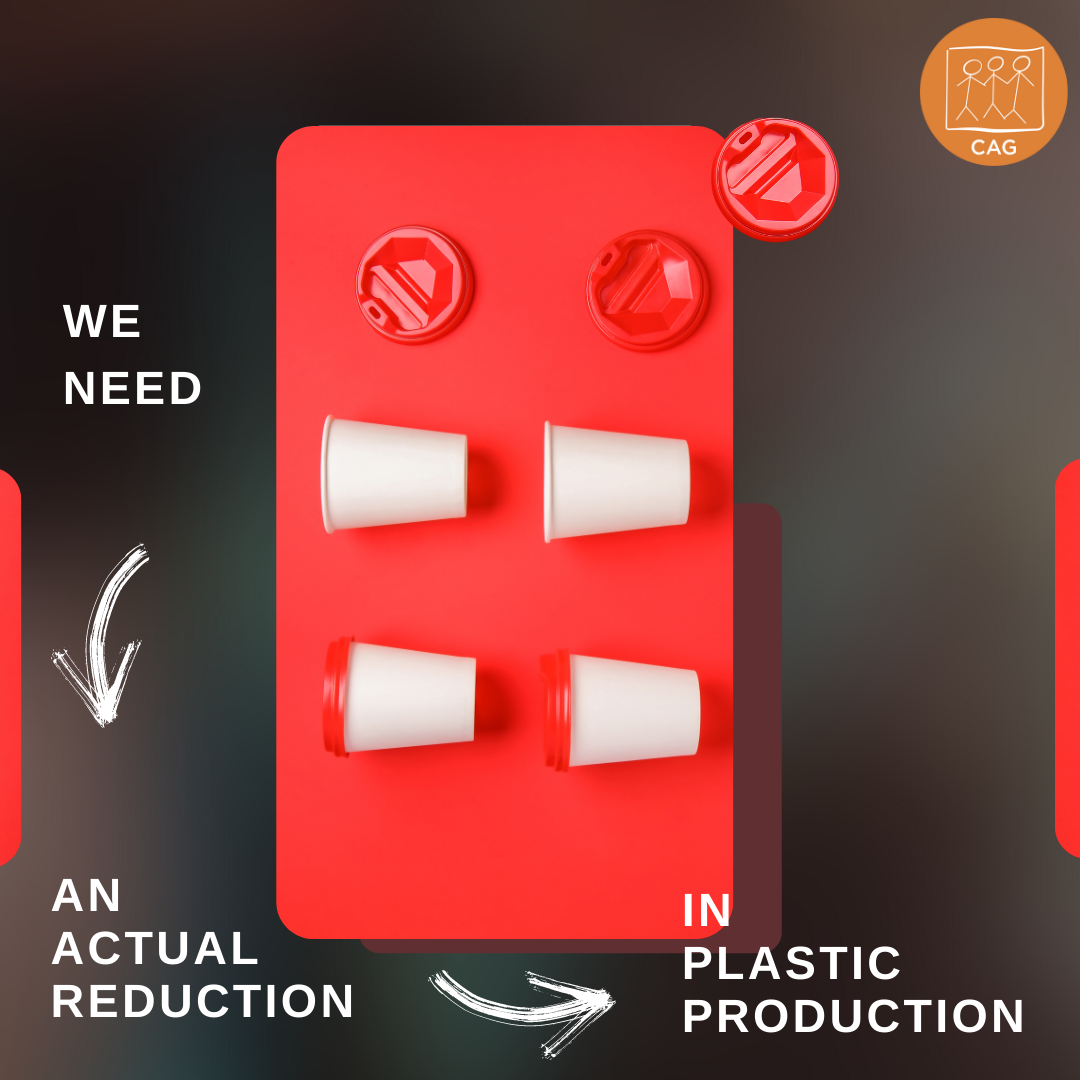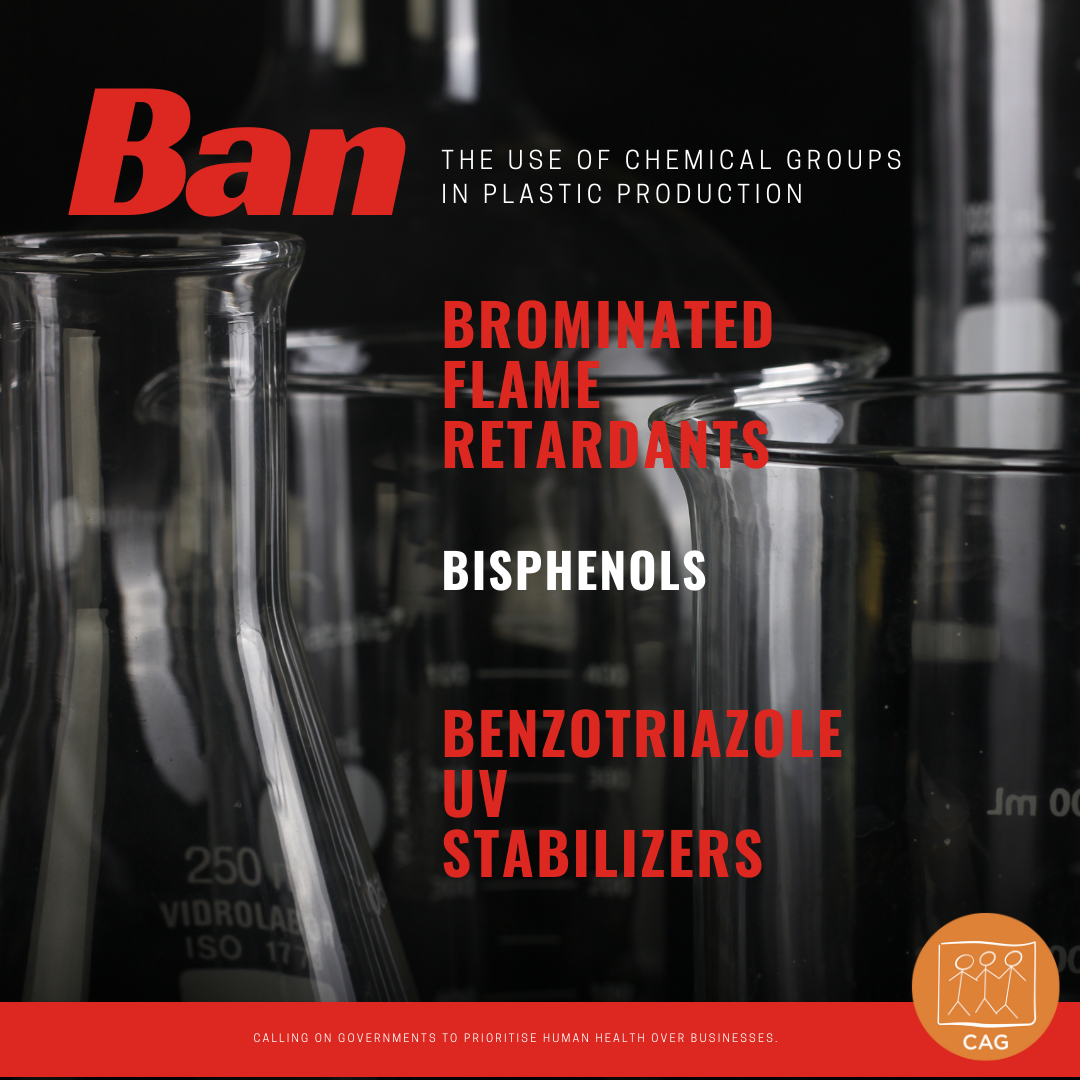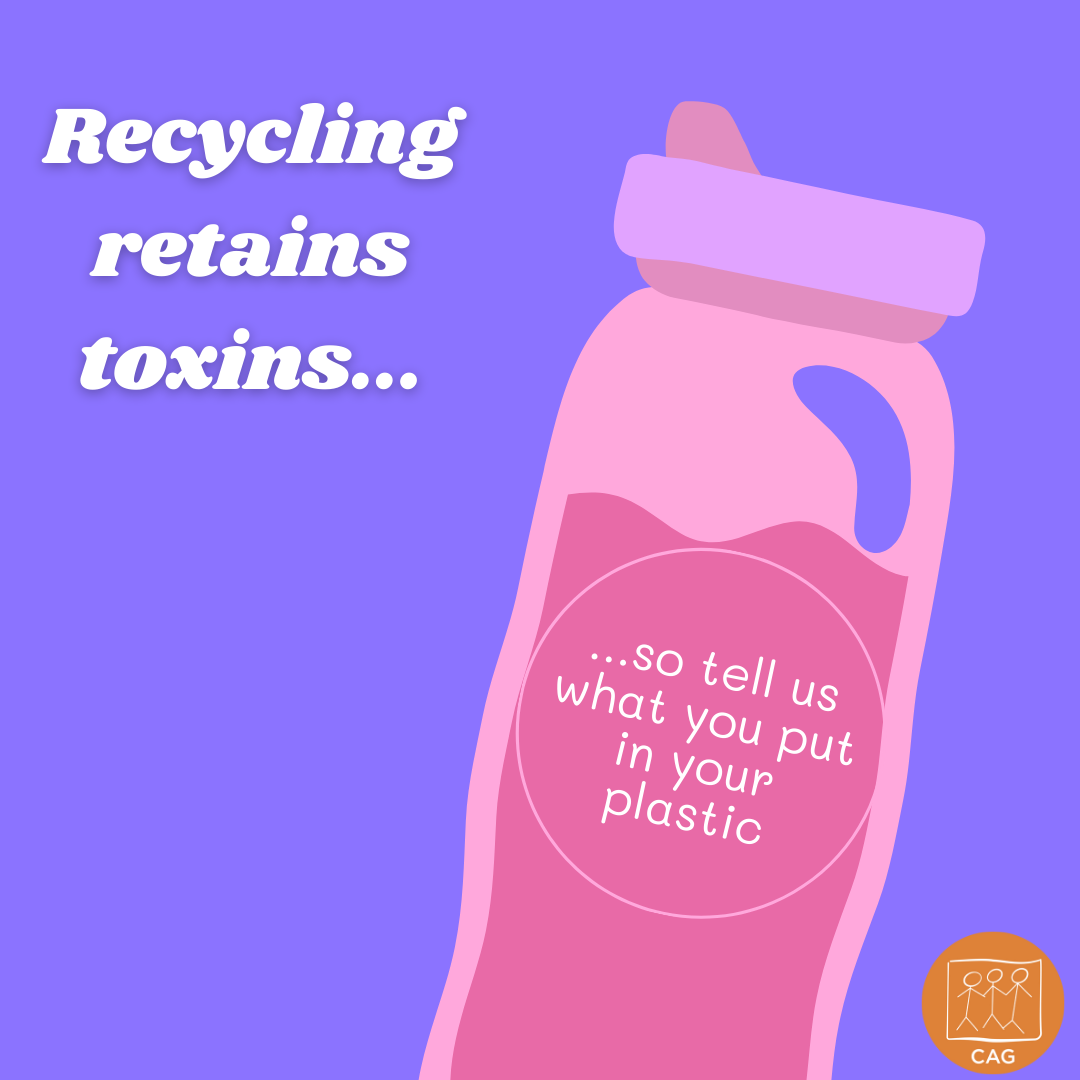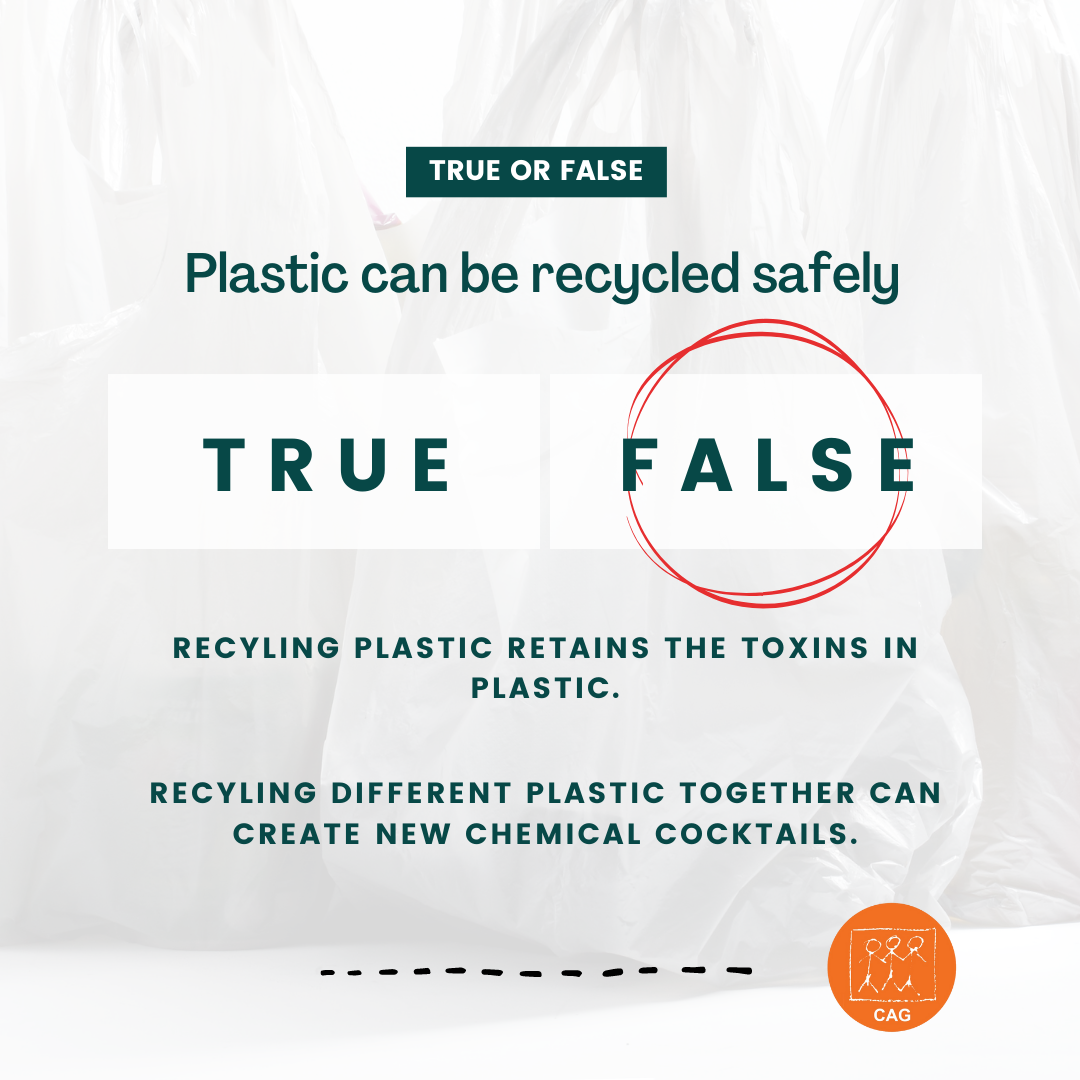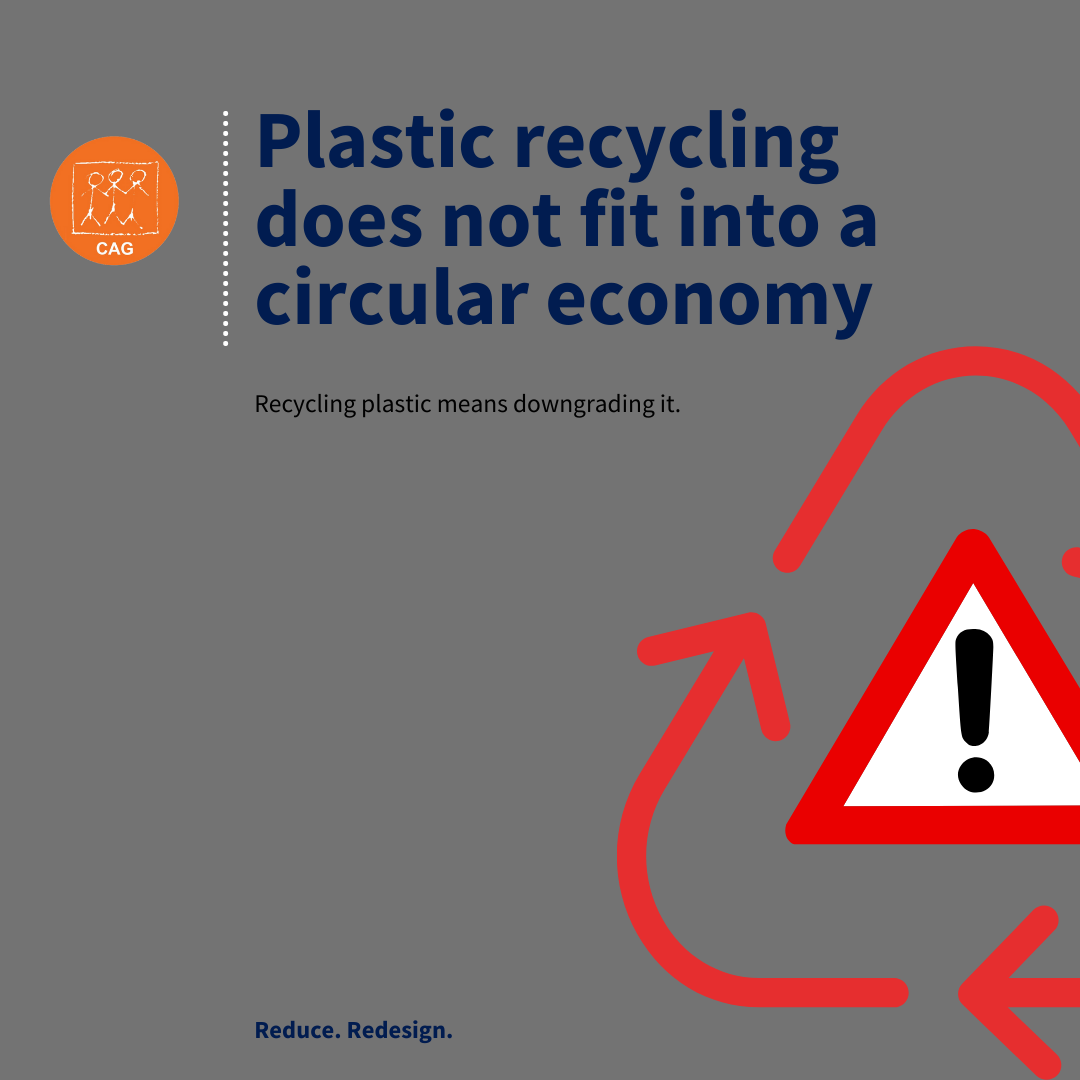Plastics - Toxic plastic wastes in Oceans
The global North continues dumping toxic plastic waste on the global South. Recycling of plastics, containing unknown toxic components is dangerous to those that live and work around these sites. This needs to stop.
Read here for more info:https://bit.ly/3GRNJa6
#falsesolutions #reuse #redesign
